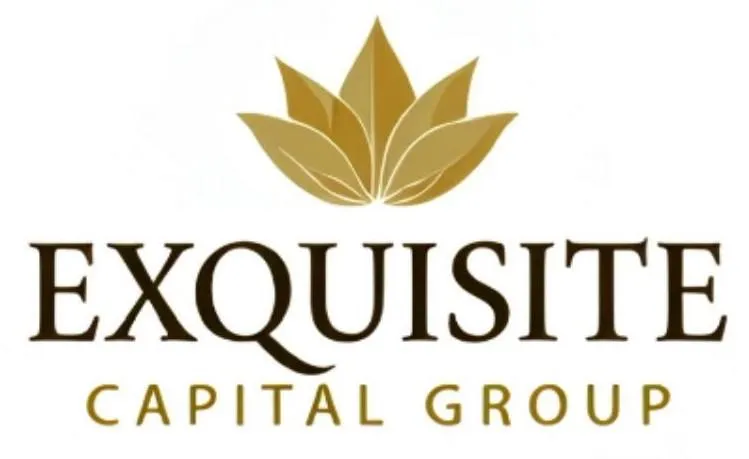FAQ
Merchant Cash Advance (MCA) loans are a type of financing option primarily used by businesses that need quick access to capital. Here are five frequently asked questions (FAQs) about MCA loans:
What is a Merchant Cash Advance (MCA) loan?
An MCA loan is not a traditional loan; rather, it’s a cash advance based on a business’s daily credit card sales or other receivables. In an MCA agreement, a business receives a lump sum of cash upfront in exchange for a percentage of its daily credit card sales or daily bank deposits. The repayment is made by remitting a fixed percentage of daily sales until the agreed-upon amount is repaid.
How does the repayment process work for MCAs?
MCA repayments are typically automated and tied to daily credit card sales or bank deposits. The MCA provider deducts a fixed percentage (usually between 10% to 30%) from the daily sales or deposits until the agreed-upon amount, plus fees and interest, is repaid. This repayment structure can make it more flexible for businesses with fluctuating revenue but can also result in high costs.
What are the advantages of MCA loans?
Quick access to cash: MCA loans are known for their speed in providing capital.
No collateral required: Most MCAs are unsecured, meaning you don’t need to pledge assets as collateral.
Flexible repayments: Repayments are tied to daily sales, so they vary with business revenue.
Minimal credit requirements: MCA providers primarily consider your daily sales, making it accessible for businesses with less-than-perfect credit.
What are the drawbacks of MCA loans?
High costs: MCAs can be expensive, with factor rates that translate to high APRs.
Daily deductions: Daily repayments can put a strain on cash flow.
Lack of regulation: MCAs are not subject to the same regulations as traditional loans, which can lead to predatory lending practices.
Limited borrowing amount: MCA loans are typically smaller than traditional business loans.
When should I consider an MCA loan?
MCA loans are best suited for businesses that need fast access to cash but have exhausted other financing options or have difficulty qualifying for traditional loans. However, they should be used with caution due to their high costs. It’s advisable to explore alternative financing options, such as business lines of credit, term loans, or Small Business Administration (SBA) loans, before resorting to an MCA.


Remember that clear and comprehensive answers to these FAQs can instill confidence in potential clients and help them make informed decisions about utilizing your business funding services. Additionally, consider having a knowledgeable customer support team or resources available to address any additional questions clients may have.
What types of business funding solutions do you offer?
This question provides an overview of the different financing options your business offers, such as business loans, lines of credit, equipment financing, or merchant cash advances. It helps potential clients understand if your services align with their financing needs.
What are the eligibility criteria for your business funding services?
Prospective clients often want to know if they qualify for your funding solutions. Answering this question can include details about credit score requirements, revenue thresholds, time in business, or any specific industry preferences.
How fast can I access funds through your business funding services?
Timeliness is often crucial for businesses seeking financing. Provide information on the typical turnaround time from application submission to fund disbursement. Mention any expedited or quick funding options if available.
What are the interest rates and fees associated with your funding services?
Transparency about the cost of financing is essential. Explain the interest rates, fees, and any other charges clients may incur. Consider providing examples or a cost breakdown to illustrate the financial implications.
Do you offer personalized financial guidance or support during the application process?
Many businesses appreciate guidance when navigating the funding process. Explain whether your services include personalized assistance, like helping clients choose the right financing option or reviewing their financial situation to improve eligibility.
What is an investment property loan, and how is it different from a traditional mortgage?
Start by explaining the purpose of an investment property loan, which is used to finance real estate investments. Highlight the key differences between these loans and traditional home mortgages, such as interest rates, eligibility criteria, and down payment requirements.
What types of investment property loans do you offer?
Describe the different loan products available for financing investment properties. This might include options like fixed-rate mortgages, adjustable-rate mortgages, or specialty loans tailored to real estate investors.
What are the eligibility criteria for obtaining an investment property loan?
Provide details about the requirements investors need to meet in order to qualify for your investment property loans. This may include factors like credit score, debt-to-income ratio, property type, and down payment.
What is the typical down payment requirement for investment property loans?
Explain the standard down payment percentage required for investment property loans. Mention any variations based on the type of property or loan product.
What are the interest rates and terms for your investment property loans?
Offer information about the interest rates investors can expect, as well as the range of loan terms available. Mention how interest rates may vary based on factors like creditworthiness and property type.
These FAQs should help potential investors understand the basics of your investment property loan offerings, including the loan types, eligibility criteria, and financial considerations. Clear and informative responses can make it easier for real estate investors to explore financing options for their investment properties.


Please note that specific details about line of credit services can vary between lenders, so it's essential to consult with a financial institution or provider to get precise information about their offerings and requirements.
What is a Line of Credit?
A line of credit is a flexible financial arrangement that allows borrowers to access funds up to a predetermined credit limit. It functions like a revolving credit account, where you can borrow, repay, and borrow again as long as you stay within your credit limit.
How Does a Line of Credit Differ from a Loan?
A line of credit differs from a traditional loan in several ways. With a loan, you receive a lump sum upfront and repay it in fixed installments. In contrast, a line of credit provides ongoing access to funds, and you only pay interest on the amount you’ve borrowed.
What Can I Use a Line of Credit For?
Lines of credit are versatile and can be used for various purposes, including emergency expenses, home renovations, debt consolidation, business operations, or as a financial safety net for unexpected costs.
What Are the Interest Rates and Fees Associated with a Line of Credit?
Interest rates and fees for lines of credit can vary depending on the lender, your creditworthiness, and the type of line of credit. Common fees may include an annual fee or origination fee. Interest rates can be fixed or variable. It’s important to understand the terms and conditions before applying.
How Do I Qualify for a Line of Credit?
Qualification criteria for a line of credit may include factors such as your credit score, income, employment history, and other financial information. Lenders assess these factors to determine your creditworthiness and the credit limit you qualify for.
Copyrights 2025 | Exquisite Capital Group™ | Terms & Conditions
